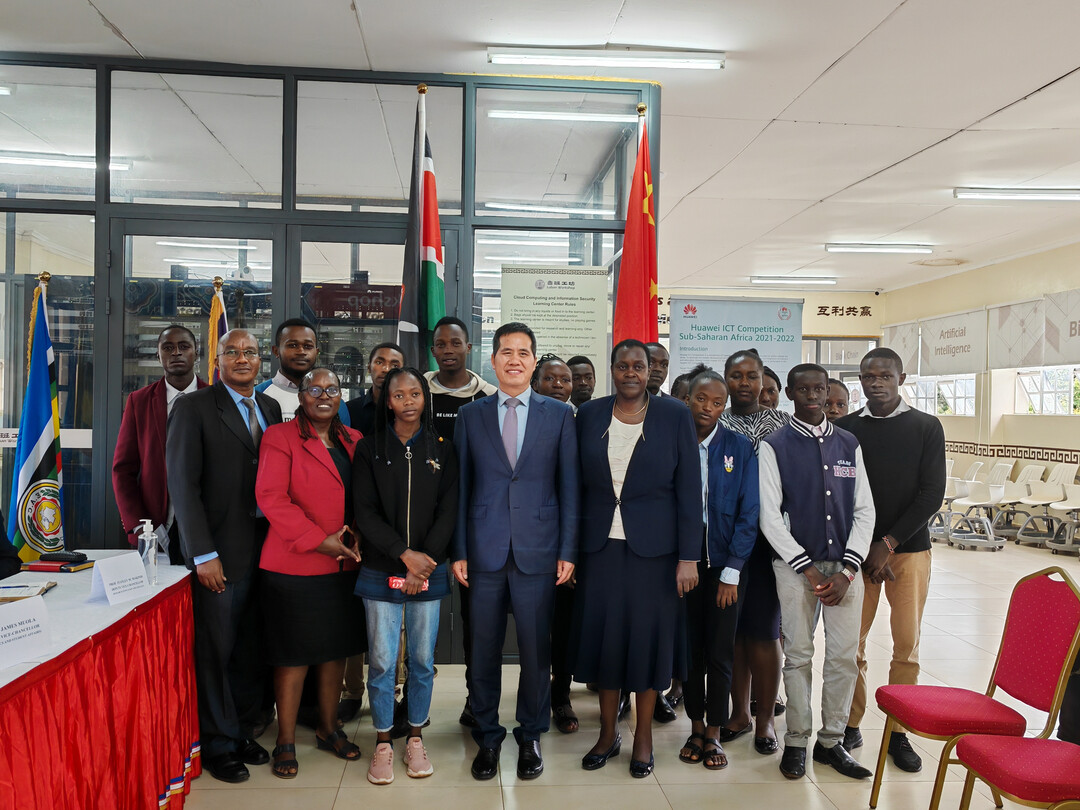
Nairobi, Kenya – The Chinese Embassy in Kenya has initiated a training program for Kenyan journalists, aiming to enhance professionalism and integrity within the industry. However, press freedom advocates have raised concerns about the irony of this initiative, given China's low ranking in global press freedom indices.
Allan Aoko, a Kenyan news anchor and reporter, was among the dozens of journalists from the state-run Kenya Broadcasting Corporation who recently participated in a Chinese Embassy-sponsored media course in Nairobi. The course covered a wide range of journalism topics, including the use of artificial intelligence in news reporting.
While the Chinese Embassy emphasized the importance of journalism in shaping public opinion, independent journalist advocacy groups have highlighted China's efforts to influence media narratives through various means, including press junkets, sponsorships, and career development opportunities. China's extensive use of censorship, surveillance, and legal threats to suppress free expression has led to its ranking as one of the world's most censored countries, placing 172nd out of 180 on the Press Freedom Index.
Aleksandra Bielakowska of Reporters Without Borders noted the stark contrast between China's domestic crackdown on independent journalism and its efforts to cultivate positive media relations abroad. She emphasized the decline of investigative journalism in China over the past decade.
Simon Maina, the editor-in-chief of the Kenya Broadcasting Corporation, acknowledged the limitations of resources and the potential benefits of accepting Chinese assistance. However, he assured that the newsroom's editorial decisions remain independent of Chinese influence.
A 2021 report by the International Federation of Journalists revealed China's strategy of targeting journalists in developing countries, particularly in Africa, where it has significant financial interests. The report indicated that a majority of African journalists viewed cooperation with Chinese entities positively, especially in regions with limited media infrastructure.
Noah Midamba, a Kenyan foreign policy professor, pointed out that despite China's efforts and investments in Africa, the continent's mass media remains largely aligned with Western perspectives due to language barriers.
While China's Belt and Road Initiative has drawn significant attention and raised concerns about potential debt traps for participating countries, the Chinese Embassy's journalist training program underscores its broader strategy of shaping global narratives and cultivating favorable media relations.
[Copyright (c) Global Economic Times. All Rights Reserved.]






























